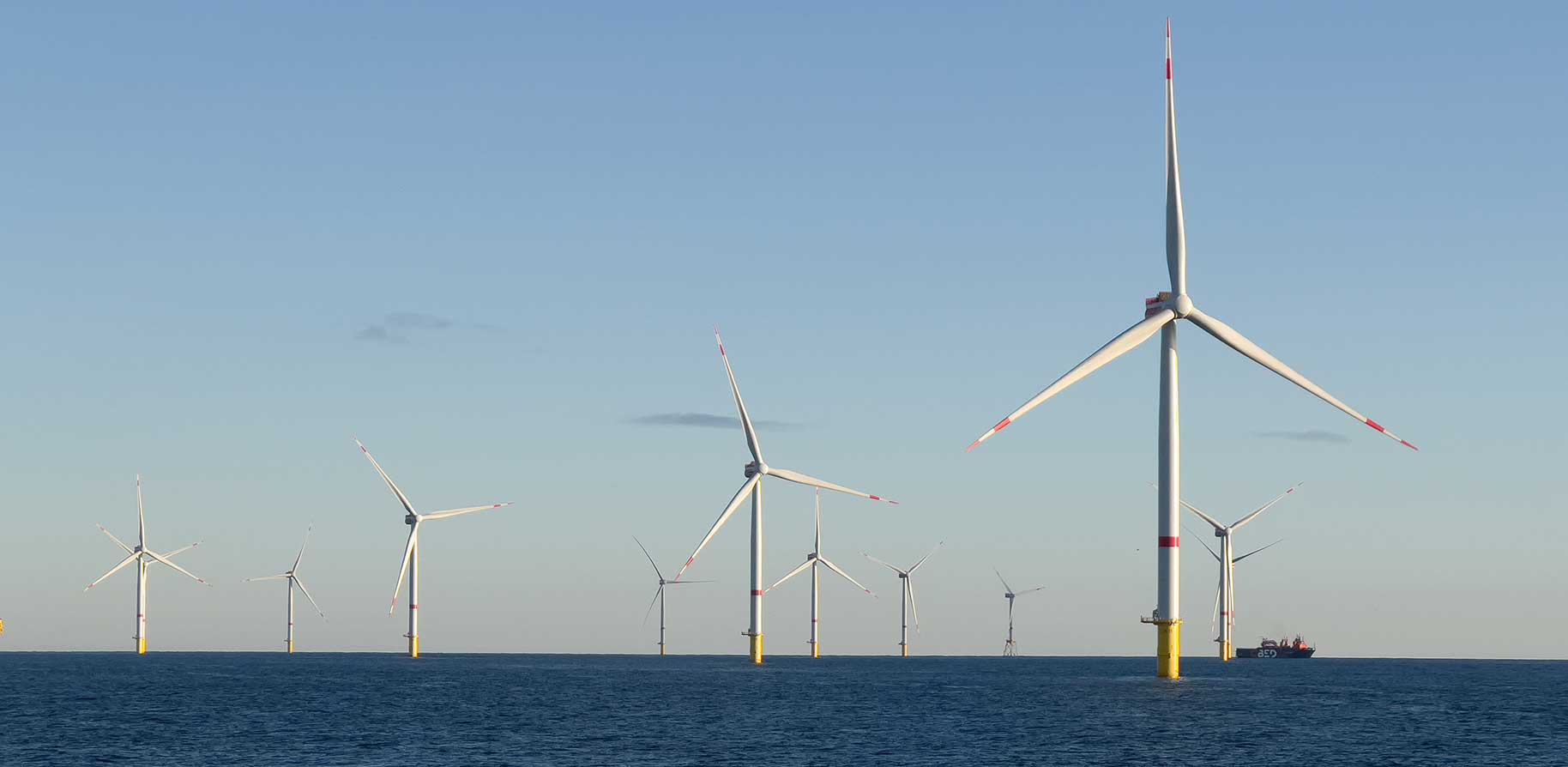The SeaMe project, set to run between 2024 and 2026 at the RWE offshore wind farm in Kaskasi, Germany, aims to revolutionise marine environmental monitoring through innovative and sustainable practices in collaboration with leading scientific partners.
The project's primary aim is to enhance biodiversity monitoring by employing non-invasive, low-emission techniques that support the global shift towards sustainable energy and the adoption of environmental practices. RWE is the first industrial company to participate in a project (CREATE-2) sponsored by the German Alliance for Marine Research (DAM). The company is thus committed to protecting the marine environment and a greener future.
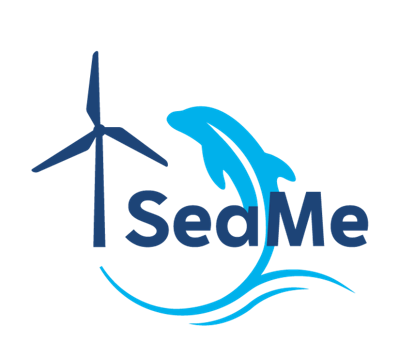
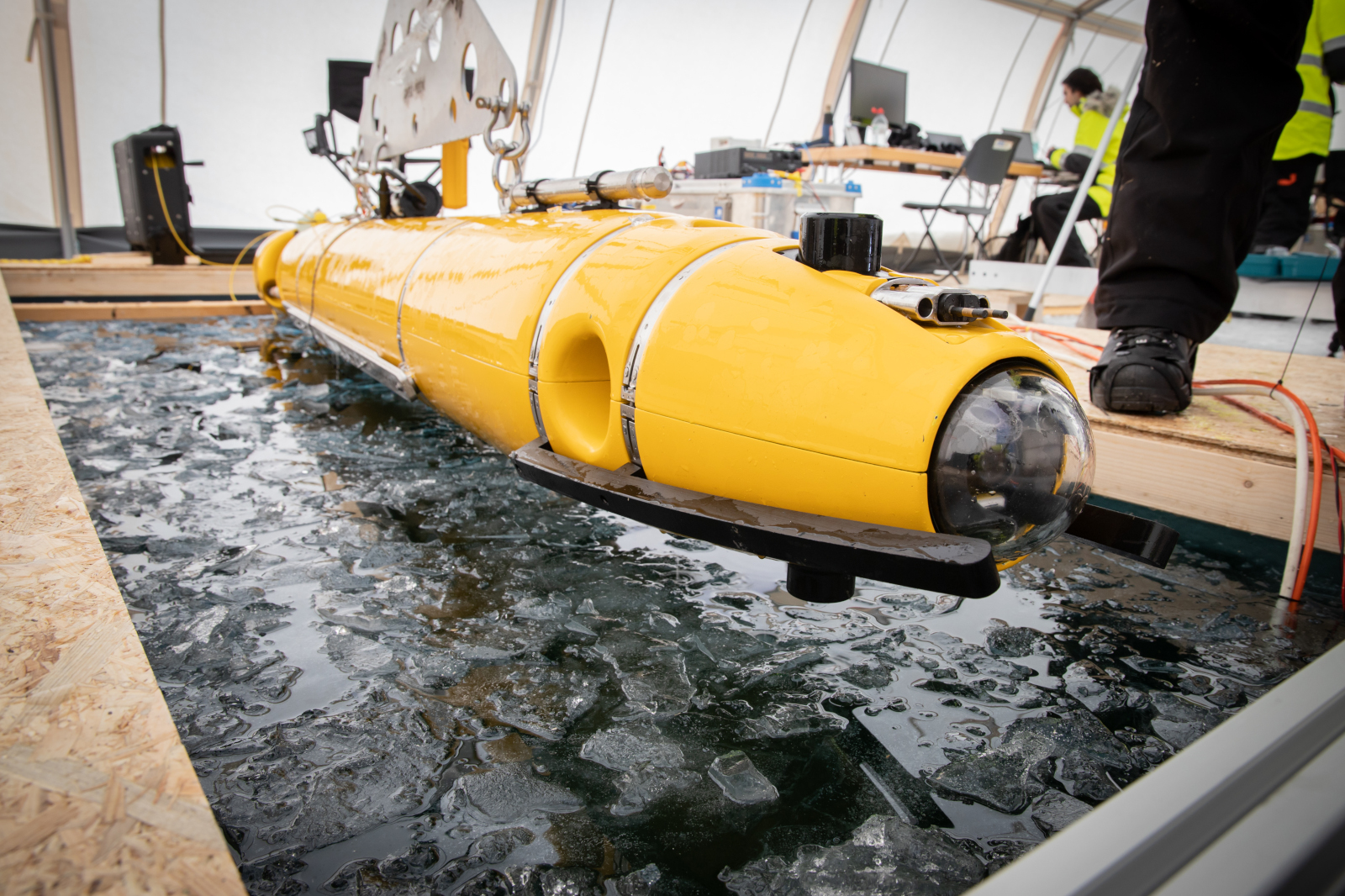
A holistic approach to ecosystem monitoring
SeaMe is at the forefront of marine monitoring innovation, integrating several cutting-edge techniques to enhance marine observation and data analysis.
Firstly, our AI-powered underwater cameras, mounted either on an autonomous under water vehicle (AUV) or at stationary locations, provide a non-destructive alternative to ship-based trawling and grab sampling which is used to monitor fish and benthos. These organisms are now observed using videocameras while ambient conditions such as temperature and salinity are continuously measured.
Secondly, drones equipped with an AI-based camera system are replacing ships and planes traditionally used to monitor resting birds and mammals, cutting the need to send human observers at sea. Furthermore, migrating birds will be observed 24/7 using an AI based camera system which will be attached to two turbines. These advanced technologies offer a more efficient and less intrusive way of monitoring marine wildlife.
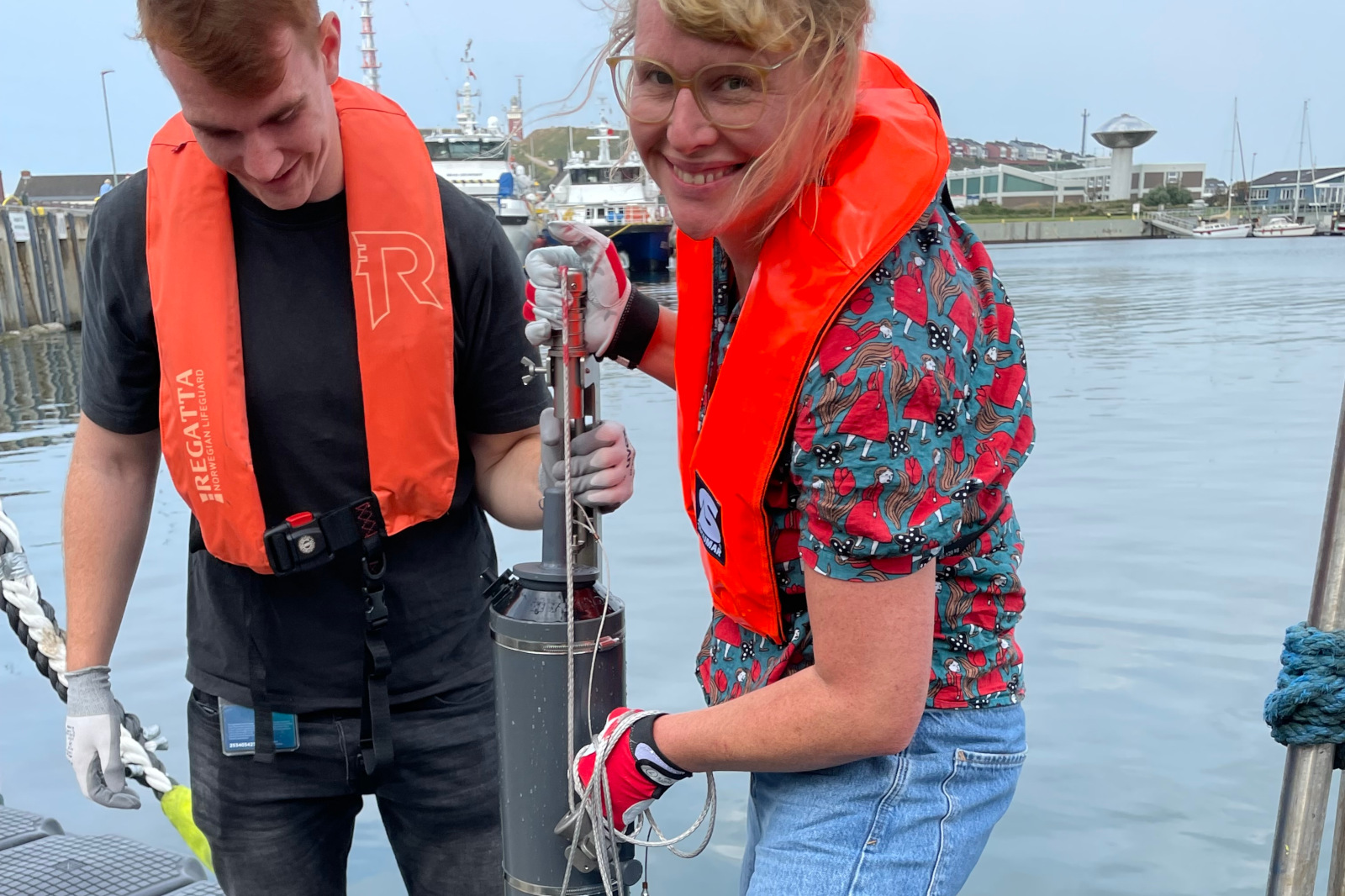
In addition, we employ environmental DNA (eDNA) technology to identify biodiversity. This technique surpasses the conventional invasive ship-based grab and trawling methods where organisms are taken out of the water for laboratory analyses. eDNA is offering a non-invasive approach by analysing collected water for DNA footprints providing more comprehensive biodiversity assessments. It also includes the detection of invasive species.
SeaMe also adopts a holistic, ecosystem-based approach to data collection and analysis. Instead of isolating marine components, we integrate the data to consider the interactions among organisms, their environment and the effects of offshore wind developments.
This comprehensive method helps better detect ecological stressors while significantly reducing noise pollution and CO2 emissions by minimising shipping activities, fostering a more sustainable approach to monitor the marine environment.
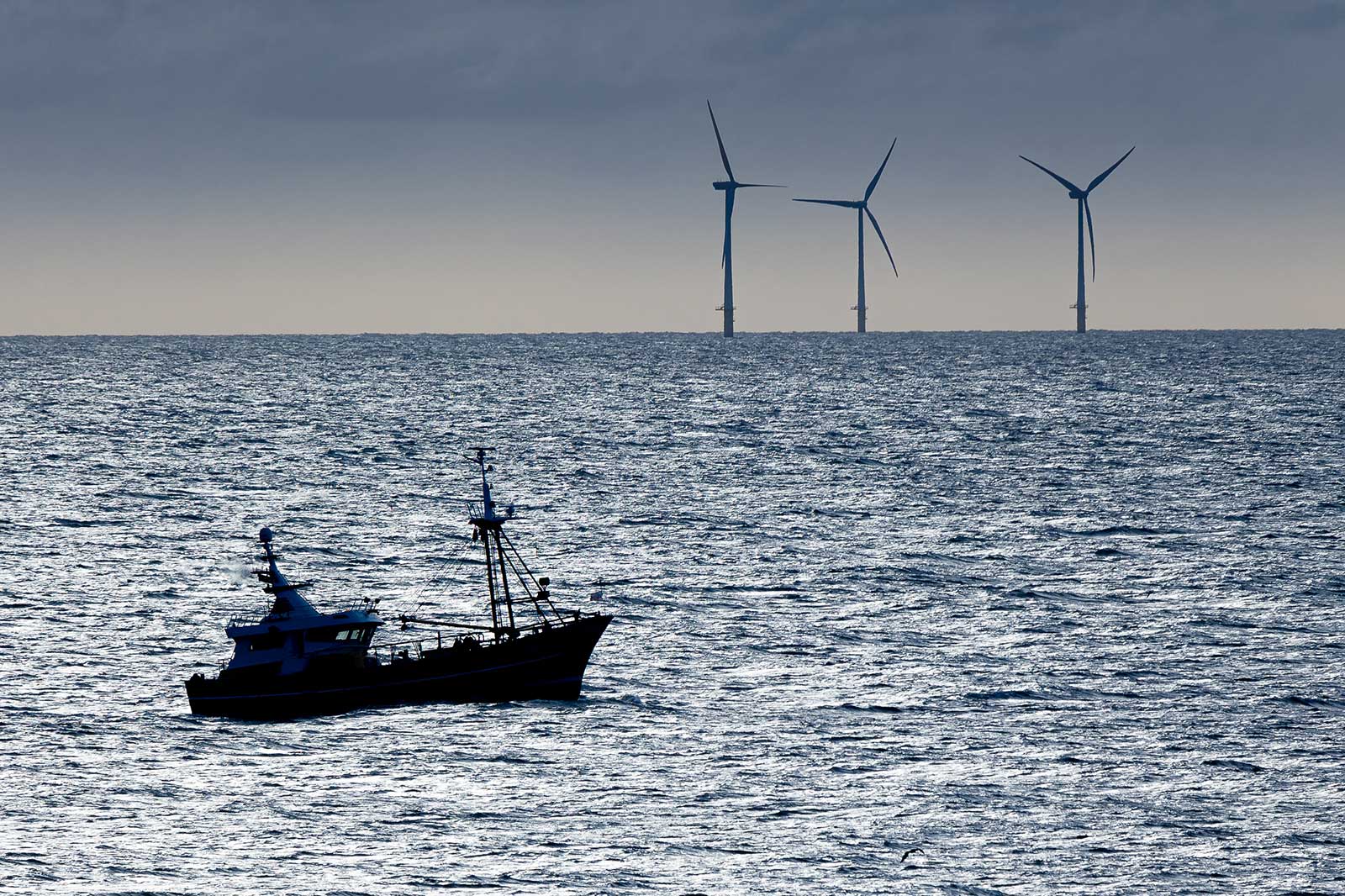
Commitment to sustainability
Central to the SeaMe project is RWE's commitment to sustainability, exemplified through emissions-reducing technologies and ground-breaking monitoring strategies. The project’s approach aims to drastically lower CO2 emissions, contributing to climate change mitigation efforts. SeaMe also reinforces sustainability on a global scale by providing necessary environmental data to meet EU regulations manifested in the marine strategy framework.
The commitment extends to a comprehensive involvement in the CREATE project which is part of the ‘sustainMare’ mission trying to develop innovative solutions for biodiversity conservation while ensuring sustainable utilisation of marine ecosystems. Through this engagement RWE is reinforcing its role in promoting global sustainability.
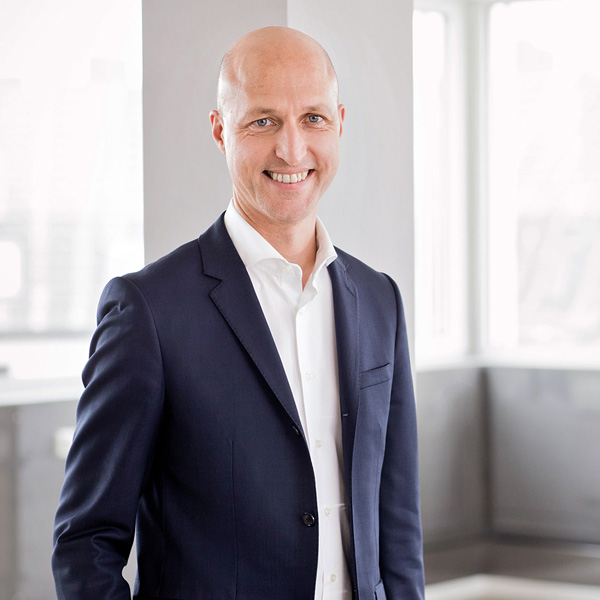
Sven Utermöhlen CEO, RWE Offshore Wind
“As a global leading player in offshore wind, we feel responsible for building and operating our wind farms in harmony with nature. To deliver green electricity, we invest billions of euros annually in offshore wind. We are committed to expanding our portfolio in an environmentally friendly way. With this in mind, we have set ourselves ambitious sustainability targets and are making all efforts to find ways to improve. With the SeaMe project we are pioneering new techniques that will enable us to better understand the impact of offshore wind on the marine ecosystem.”
About RWE

RWE is leading the way to a modern energy world. With its investment and growth strategy, RWE is contributing significantly to the success of the energy transition and the decarbonisation of the energy system. Around 20,000 employees work for the company in almost 30 countries worldwide. RWE is one of the leading companies in the field of renewable energy. RWE is investing billions of euros in expanding its generation portfolio, in particular in offshore and onshore wind, solar energy and batteries. It is perfectly complemented by its global energy trading business. Thanks to its integrated portfolio of renewables, battery storage and flexible generation, as well as its broad project pipeline of possible new builds, RWE is well positioned to address the growing global demand for electricity, particularly driven by further electrification and artificial intelligence. RWE is decarbonising its business in line with the 1.5-degree reduction pathway and will phase out coal by 2030. RWE will be net zero by 2040. Fully in line with the company’s purpose – Our energy for a sustainable life.

